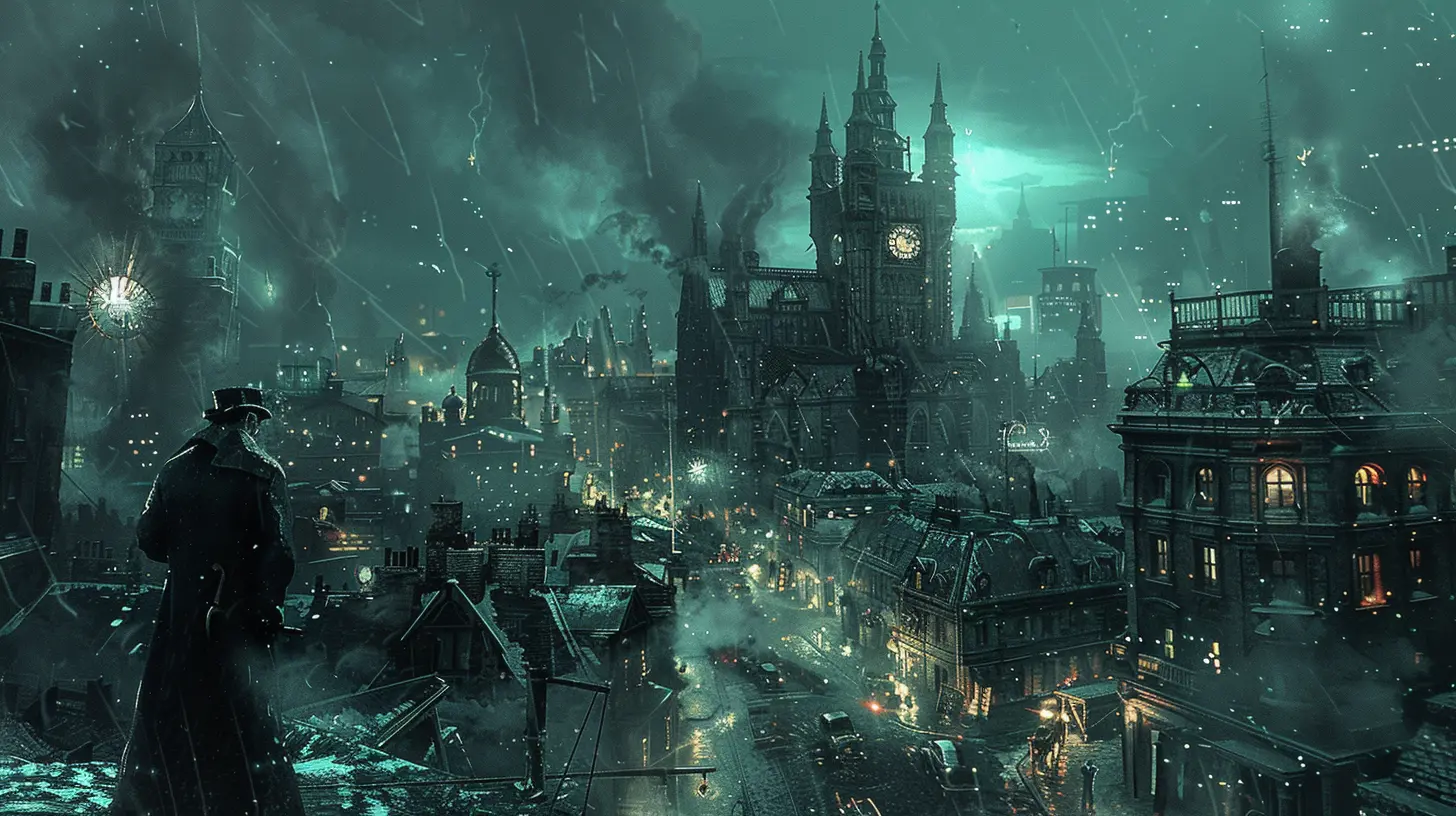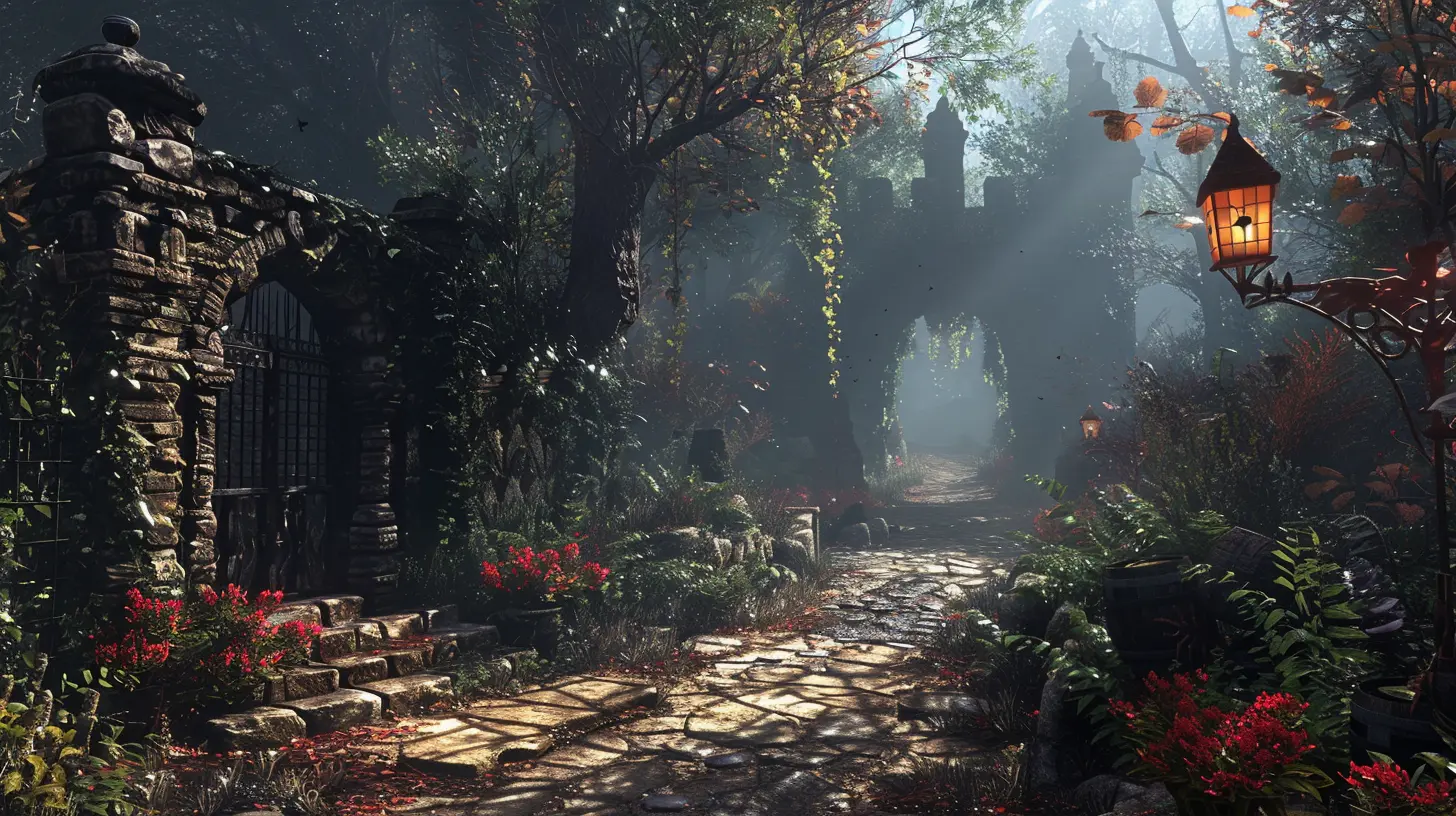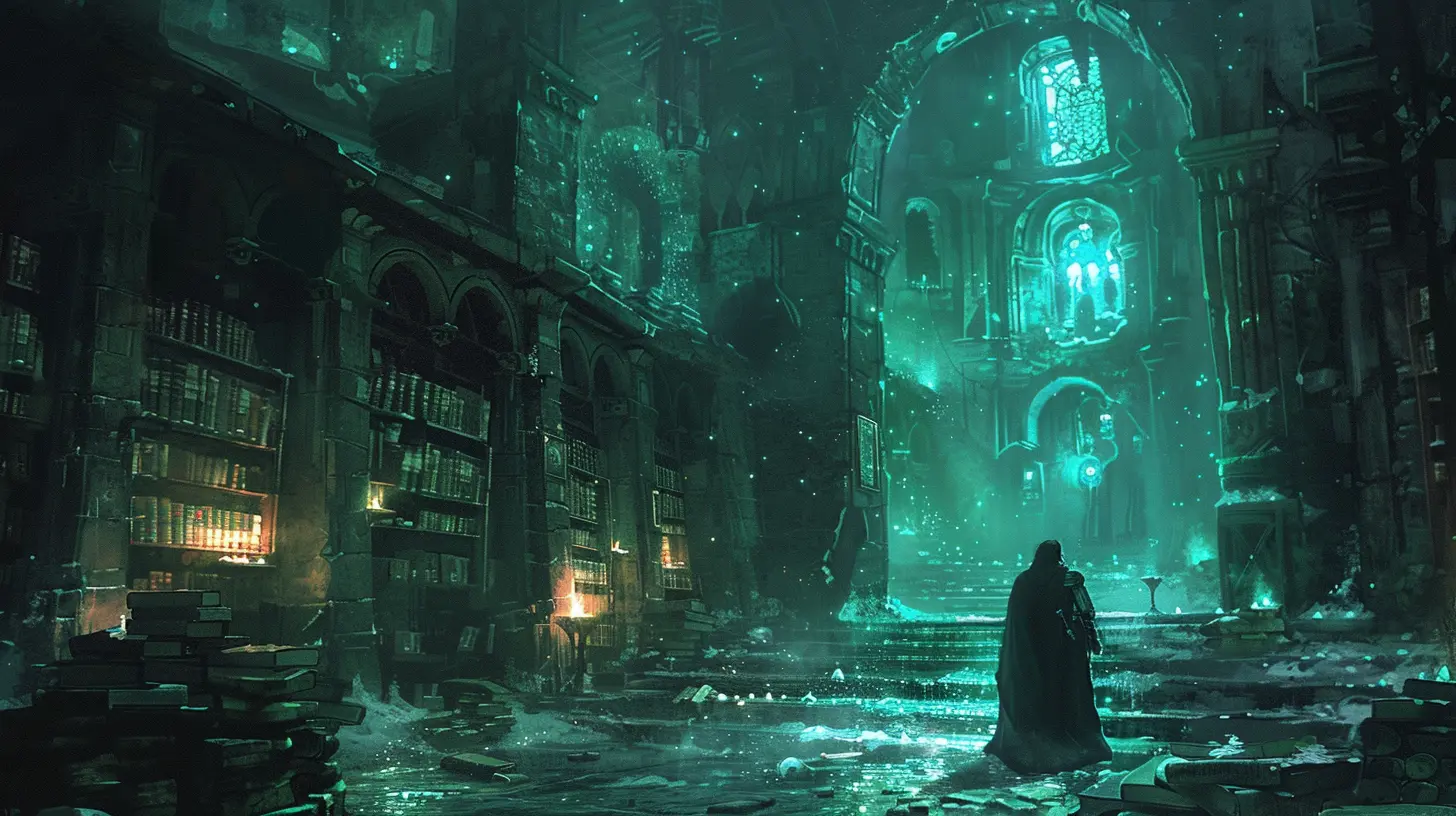When a Game Demo Convinces You to Buy
26 October 2025
Ever downloaded a game demo just to kill a few minutes and ended up throwing your money at the full version minutes later? Yep, same here. There’s something magical about trying a slice of a game and instantly knowing — “This is the one.” In a world overloaded with flashy trailers, paid reviews, and endless gaming options, a well-executed demo can be a rare treasure — one that cuts through the noise and speaks directly to you, the player.
Let’s talk about that moment. That beautiful, wallet-opening moment. Let’s deep-dive into what makes a demo go from “meh” to “take my money.”
The Underrated Power of Game Demos
Back in the day (cue nostalgia), demos were everywhere. Magazines came with demo discs. You’d wait hours for a download just to play 15 minutes of a game. But somewhere along the line, they started disappearing. Publishers shifted towards flashy trailers, hype cycles, and pre-orders with fancy bonuses. Demos? Nah, not essential anymore.But here’s the truth: a great demo is worth a thousand marketing campaigns.
Why? Because while trailers show you what the game wants to be, a demo shows you what it actually is. There’s no smoke and mirrors. It’s just you, the controller, and the game’s bare soul.
Why Demos Work — When They’re Done Right
Not all demos are created equal. Some are glorified tutorials. Others are timed nightmares that cut off just when things get juicy. But when developers nail it? Oh boy, it’s magical.Here’s what makes a demo truly shine:
1. It Gives You Freedom
The best demos don’t hold you by the hand. They throw you into the sandbox and say, “Go ahead… poke around.” Think about demos like the one for _Metal Gear Solid V: Ground Zeroes_ — you had room to explore, test out mechanics, and get a real sense for how the game plays.When a demo gives you freedom, it lets the game speak for itself. You’re not watching a sales pitch. You’re experiencing the product — and that makes all the difference.
2. It Offers a Taste of Progression
RPGs, strategy games, and open-world titles usually shine when you feel progression: leveling up, unlocking gear, discovering abilities. Smart demos give you a quick vertical slice — not just combat and story, but also a tiny taste of growth.Games like _Octopath Traveler_ nailed this. The demo let you choose from multiple characters, save your progress, and continue in the full game. It was essentially a risk-free try-before-you-buy that respected your time. That’s how you earn trust.
3. It Plays to the Game’s Strengths
Every game has a hook — maybe it’s fast-paced combat, atmospheric storytelling, or deep strategy. A good demo knows what the hook is and drops it right in your lap.Imagine a horror game demo that just throws jump scares your way, missing the slow-burning tension that makes the full game special. That’s a miss. Instead, the best demos showcase the magic — they don’t sell, they reveal.
My Personal “Demo Sold Me” Stories
Let me get personal for a sec. I’ve been tricked by trailers before. I’ve pre-ordered games that ended up gathering digital dust. But some demos? They’ve slapped me out of my cynicism and made me a day-one customer. Here are a few that did just that:🎮 _Resident Evil 2 Remake (One-Shot Demo)_
Capcom gave us 30 minutes — that’s it. But what a glorious 30 minutes they were. From the lighting to the puzzles to that zombie bite that scared the life out of me — it gave me chills. I pre-ordered the full game that same night. The demo didn’t even have to try hard. It just needed to be itself.🎮 _Hades (Early Access Demo)_
Technically not a demo in the traditional sense, but the early access version felt like one. I wasn’t even into roguelikes… until I played this. The charm, the fluid combat, the voice acting, the Greek gods throwing sass around? Sold.🎮 _Nier: Automata_
I had no clue what the game was about. Robots? Philosophy? Weird anime vibes? But the demo delivered a brilliant mix of high-speed action, emotional music, and a story that hinted at deeper layers. Ten minutes in, I was questioning my existence — and also clicking “Buy Now."
Why Demos Matter More Than Ever Now
Let’s be real: the gaming landscape is oversaturated. Every week, a dozen new titles drop on Steam, the eShop, or Game Pass. And not all of them are worth your precious gaming time (or hard-earned cash).In a time when games are $60+ and day-one bugs are the norm, demos are the ultimate filter. They let you test a game the way you’d test drive a car or sample food at a market. You wouldn’t buy a $70 steak without tasting it, right?
Plus, with digital distribution, demos are easier than ever to release. No discs, no delays — just a download away. So why don’t more developers do it?
Simple: it’s a gamble.
The Developer’s Dilemma: Demos Are Risky
Here’s the flip side. Building a demo isn’t easy. You’re essentially creating an extra version of your game — one that needs to be polished, bug-free, and representative of what you’re selling. If it’s clunky or limited, it backfires. Instead of hyping players up, it turns them off.Worse yet, a demo can expose weaknesses before the final polish is applied. That’s scary for studios, especially smaller ones.
But when it works? It creates buzz. Word-of-mouth. Free marketing. And maybe, just maybe, it turns skeptics into loyal fans.
What Makes You Hit “Buy” After a Demo?
Let’s flip the question to you. What makes a demo good enough to open your wallet? For most gamers, it comes down to a few gut-level reactions:- “This is fun.”
- “I get it now — the trailer didn’t do it justice.”
- “There’s more? I need more!”
- “I can see myself sinking hours into this.”
- “The controls feel just right. Smooth. Satisfying.”
It’s rarely about graphics or budgets. It’s about feel. Flow. Fun. That’s hard to capture in a trailer or a screenshot. But in a demo? Oh yeah — that’s where the magic happens.
The Future of Demos: Will They Make a Comeback?
There’s hope. Titles like _Final Fantasy VII Remake_, _Dragon Quest XI_, and even indie gems like _Celeste_ have proven that demos still have a place in modern gaming. Steam Next Fest has become a goldmine of playable previews — especially for indie games trying to carve out their audience.As gamers get more cautious about pre-orders and more vocal about quality, demos might just become the standard again. And honestly? That’s great news for everyone.
More trust. Less regret. More game time that feels earned, not marketed.
Final Thoughts: Let the Game Speak
At the end of the day, a demo is like a first date. It’s your chance to see the real game — flaws, quirks, and all. You don’t need fancy trailers or influencer hype. Just give me the controller. Let me feel it.When a demo convinces you to buy, it's not just a marketing win — it's a connection. The game says, "Here's what I am," and you reply, “Yep, you’re exactly what I’ve been looking for.”
So here’s to more demos. More honesty. More games that earn our cash the right way — by letting us play before we pay.
Game on.
all images in this post were generated using AI tools
Category:
Game DemosAuthor:

Emery Larsen
Discussion
rate this article
1 comments
Melody Alvarez
Great insights! Demos truly showcase a game's potential!
October 26, 2025 at 5:19 PM

Emery Larsen
Thank you! I'm glad you found it insightful—demos really do make a significant impact on potential buyers!


